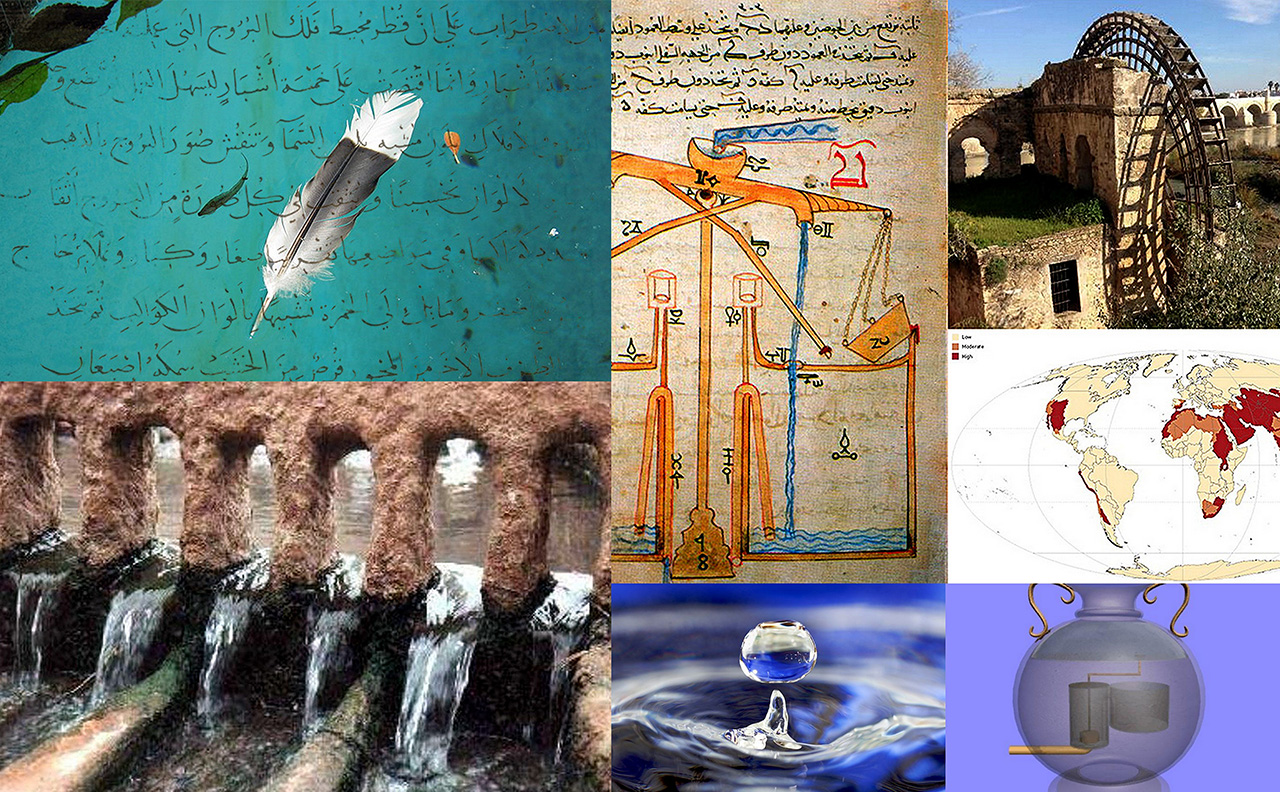

Water supply and sanitation along with hygienic considerations and practices in the Muslim civilisations over centuries is important to document and report because of its relation to Muslims’ economic, cultural and social aspects of life. Due…


The Ottomans provided great contributions towards the fields of psychiatry and neurology. Their thoughts and writings delve into many depths and are worthy of recognition by those in the medical sphere.
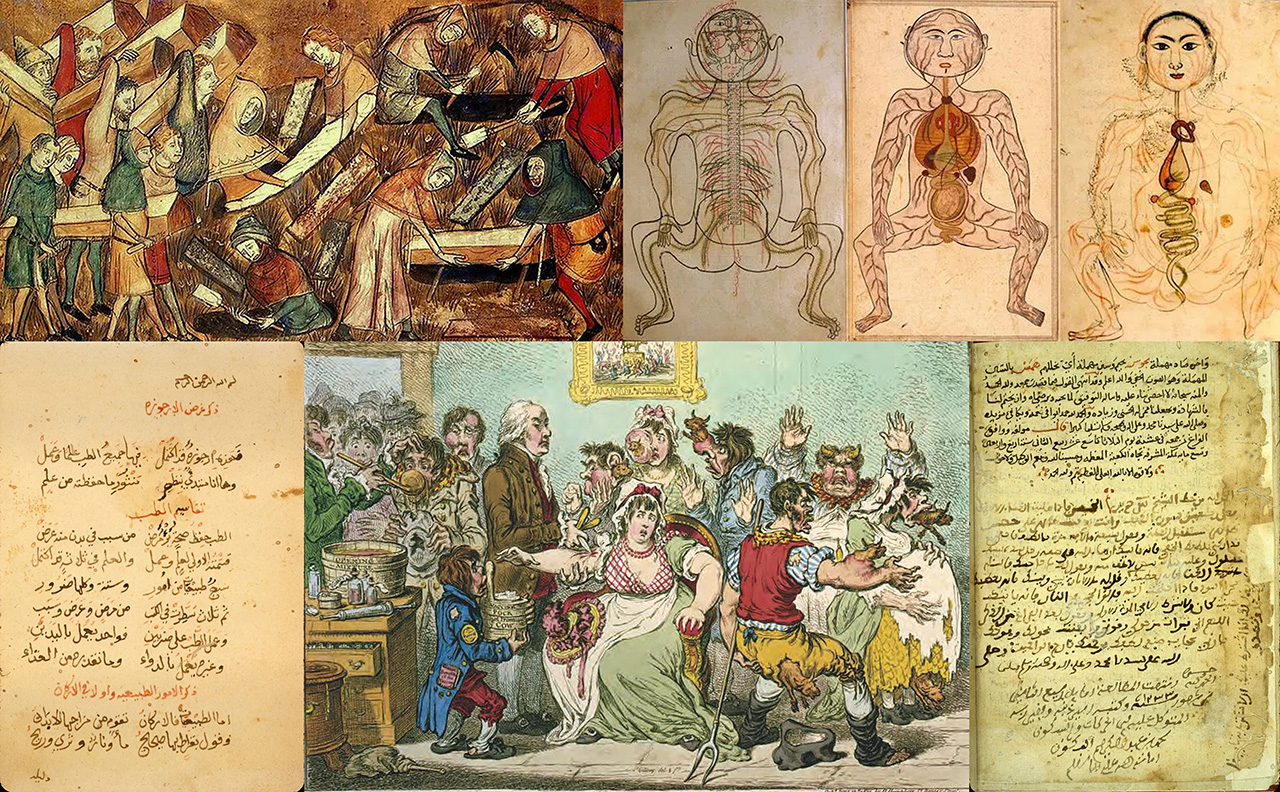

From a simple cold to a serious illness, humans have always lived with the risk of catching diseases from one another. Pandemics affecting millions are fortunately rare, but the bubonic plague of the 14th century…


Two lectures at the Manchester Health Academy, 17th January 2020


Ibn Sina advices people to partake in diets, bathing and intensive sports...


To celebrate the launch of 1001 Cures; Contributions in Medicine & Healthcare from Muslim Civilisation, Bettany Hughes, Prof. Peter Frankopan, Dr. Aarathi Prasadand Prof. Peter E. Pormann participated in a panel discussion were they discussed…


1001 Cures: Contributions in Medicine and Healthcare from Muslim Civilisation tells the fascinating story of how generations of physicians from different countries and creeds created a medical tradition admired by friend and foe...


Most of the oldest Muslim treatises on Siwak remain in a manuscript form. However, similar works on this issue have also appeared in later periods...


This review of medieval Arabic medical poetry is based on our study of the two major classical biographical encyclopedias: “Uyoon Al Anbaa Fi Tabaqaat Al Atibbaa” ("Essential Information on the Classes of Physicians"), authored by…
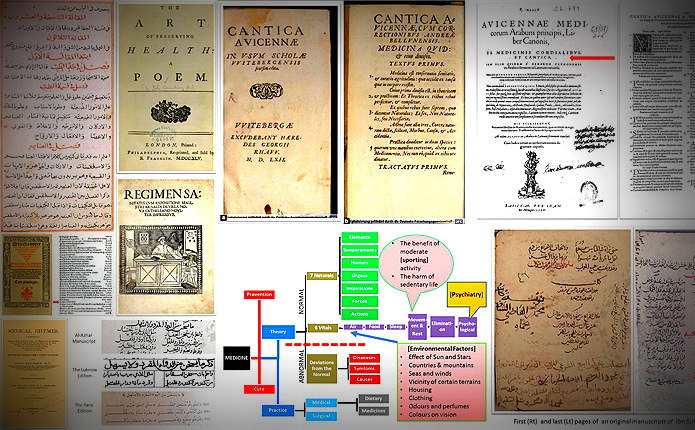

Were you aware that in the Medieval Islamic world, celebrated scientists such as Ibn Sina used to relay their teachings through poetry? Poems structure and rhythm aided the process of transmitting and memorising scientific and…
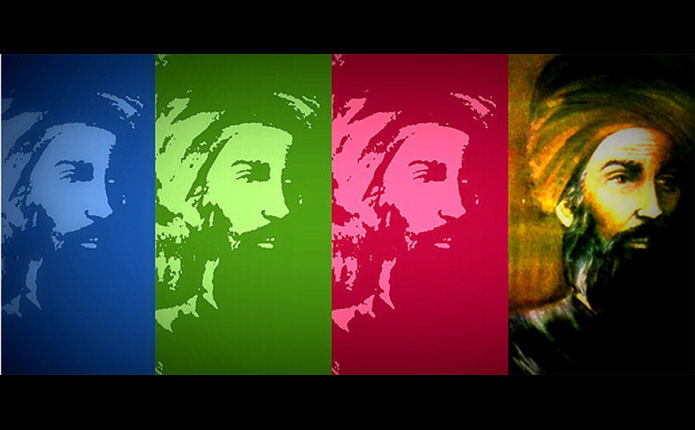

In 2013, the world community of scholars celebrated a millennium after the death in 1013 of the renowned Andalusian physician- surgeon Abu al-Qasim al-Zahrawi (Abulcasis).


In 2012, FSTC members contributed to several activities by publishing articles and giving lectures all around the world. Professor Rabie E Abdel-Halim, member of Muslim Heritage Awareness Group (MHAG) and of FSTC Research Team, attended…


Lectures on Islamic Medicine at the Royal College of Physicians (RCP) at the Launch of the "The Miror of Health" Exhibition, 13th May 2013, London


During the classical Muslim civilisation, big scientific advances in medicine were made. Muslim doctors began by collecting all the medical observations and theories of their predecessors, especially Hippocrates and Galen, and built an original and…
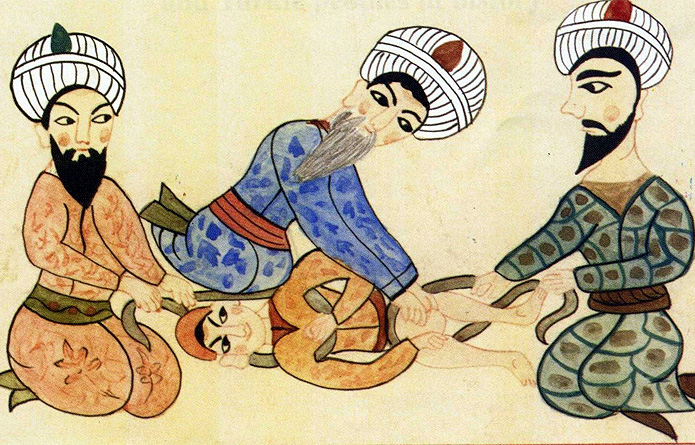

Attitudes and expectations towards medical knowledge and medical practice standards influence and determine the position of health practitioners and the development of medicine. While describing the basic characteristics of the Ottoman Turkish medicine and medical…


In the history of Islamic civilization, many hospitals were founded by women, either as wives, daughters or mothers of sultans. All health personnel were male at these hospitals. In the Ottoman period, the female patients…
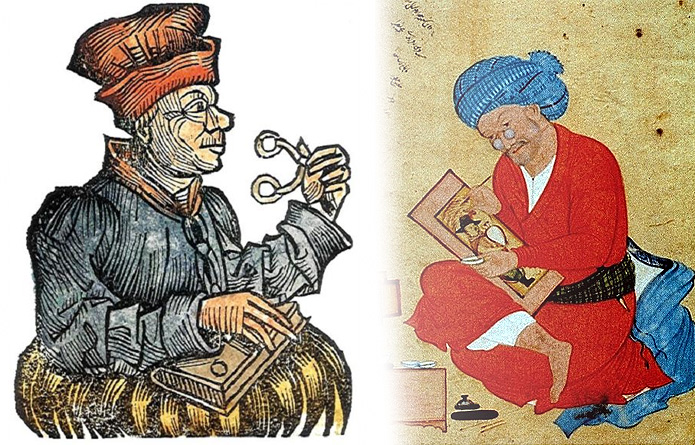

The following article by the expert scholar Lutfallah Gari surveys the historical sources to uncover the ancient history of the invention of spectacles. To the question "where and when were they invented?", and after a…


This is a review of Health in the Ottomans (Osmanlilarda Saglik), a two-volume book concerning Ottoman medical history. The book is a brilliant achievement aiming at the reconstruction of the main aspects of the the…


This article by Dr. Abdulnasser Kaadan shows that as early as the 9th century, the well known Muslim physician al-Razi described, in his book Kitab al-Jadari wa 'l-Hasba (The Book on Smallpox and Measles), the…


Medical doctors in the time of the Ottomans had various routes into professional life depending on their specialty. Some were trained on the model of master and apprentice, others studied courses at madrasas and at…


The seventh and last art mentioned in the fourth book of the Canon of Medicine by Ibn Sina is assigned to the theme of "zina", that is beauty and physical appearance. It consists of four…


Abu al-Qasim Khalaf ibn al-Abbas Al-Zahrawi (936-1013 CE), also known in the West as Albucasis, was an Andalusian physician. He is considered as the greatest surgeon in the Islamic medical tradition. His comprehensive medical texts,…